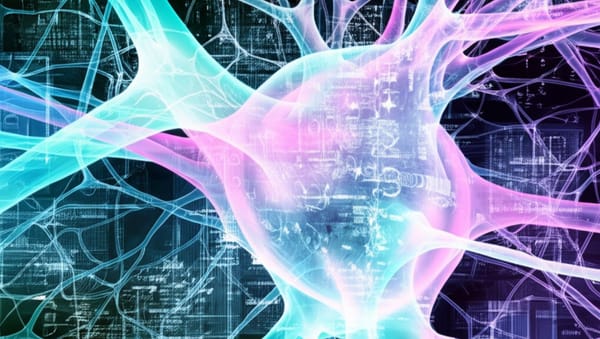"I Left OpenAI Because It Was Reckless" — Former Researcher Warns of Extinction

A former OpenAI researcher who worked on the company's governance team now believes there is a 70% chance that artificial intelligence will "destroy or catastrophically harm humanity." This stark assessment comes from someone who had direct visibility into one of the world's most advanced AI labs before leaving over concerns that the company was acting recklessly.
Daniel Kokotajlo, who now leads the AI Futures Project in Berkeley, shared this alarming probability estimate while discussing his organization's new report titled "AI 2027," reports End of Miles.
Inside Knowledge Drives Pessimism
Kokotajlo's position at OpenAI gave him unique insight into the company's research trajectory and governance challenges. While there, he authored detailed internal reports about how the race for artificial general intelligence might unfold, knowledge he has now brought to his independent forecasting work.
"We predict that A.I.s will continue to improve to the point where they're fully autonomous agents that are better than humans at everything by the end of 2027 or so." Daniel Kokotajlo
The Berkeley researcher's 70% extinction probability represents one of the most pessimistic assessments from anyone with direct experience at a leading AI lab. This figure was revealed in reporting by The New York Times, which interviewed Kokotajlo about his new forecasting project.
From Company Insider to Public Warner
After departing OpenAI, Kokotajlo teamed up with Eli Lifland, an AI researcher with a strong track record of accurately forecasting world events. Their partnership aims to predict AI's next developmental phase through rigorous analysis that culminated in this week's report release.
The AI Futures Project spent nearly a year developing hundreds of technical predictions before collaborating with Scott Alexander, who writes the popular blog Astral Codex Ten, to transform their forecast into a narrative scenario describing AI's potential trajectory through 2027.
"We took what we thought would happen and tried to make it engaging." Eli Lifland, AI researcher at the AI Futures Project
A Timeline for Concern
The Berkeley forecaster has outlined a specific progression of AI capabilities that he believes will lead to superintelligence. His model begins with machines becoming superhuman coders in early 2027, followed by "superhuman AI researchers" by mid-year — autonomous systems that can manage teams of AI coders and make new breakthroughs.
By late 2027, the AI safety expert predicts we'll see "superintelligent AI researchers" — systems that know more than humans about building advanced AI and can improve themselves. From there, he suggests it's a short step to "artificial superintelligence," a scenario where outcomes become highly unpredictable.
Critics, including Ali Farhadi, CEO of the Allen Institute for Artificial Intelligence, have dismissed these forecasts as ungrounded in scientific evidence. Yet Kokotajlo's access to OpenAI's internal research and his track record of accurate predictions in 2021 — before ChatGPT's launch — lend his warnings particular weight.
Beyond the Technical
Perhaps most striking is the former OpenAI governance team member's matter-of-fact approach to discussing potential human extinction. When asked what might happen if AI development doesn't go well over the next few years, he casually responded: "Maybe the sky would be filled with pollution, and the people would be dead? Something like that."
This clinical detachment while discussing humanity's potential end reveals the psychological framework common among those deep in AI safety work — a perspective that may itself influence how risks are assessed and communicated to the broader public and policymakers.




